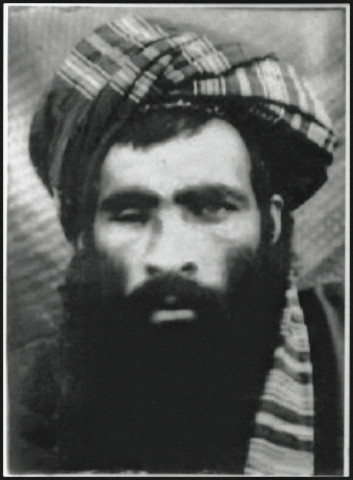Whither now for the Taliban?
Mullah Akhtar Mansoor may have come to top of the pile at the right time, but question is — who put him there, why?

PHOTO: EXPRESS/FILE

The Taliban in Afghanistan have acknowledged the death of Mullah Omar and a successor has been quickly announced. Superficially, problem solved — except that it is not. Alive or dead, Mullah Omar was never a strategist but he was able to hold the various factions of the never-homogenous Taliban together. He was never the most visible of leaders and had, to a large degree, been overtaken by events — much in the same way that Osama bin Laden had, and become symbolic rather than a dynamic leader at the front of his forces. Mullah Akhtar Mansoor appears to be the leader-designate, though whether his writ runs across all Taliban groups remains very much an open question.
Afghanistan today, with the Americans mostly gone along with other foreign forces, is at least nominally ruled by a democratically-elected civilian government. The Taliban run parallel governments in some parts of the country, with their power base centred on Kandahar. Peace talks in which the Taliban, or a segment of the Taliban, have participated have sputtered on for years. They have gathered momentum in recent months at the brokerage of China and Pakistan, and the new leader of the Taliban might be the right man in the right place at the right time.
Mullah Akhtar Mansoor is old-time Taliban, having been with the group since its inception and was aviation minister during the time the Taliban governed Afghanistan. Perhaps, surprisingly, he has a reputation as something of a moderate and a strong proponent of peace talks. Hitherto, despite his closeness to the top leadership of both the Taliban and al Qaeda, he has remained a low-profile figure. That is going to, of necessity, change. Somebody has to lead the Taliban, to be visible, rather than invisible, present at peace talks, mandated to speak for a majority that march under the various Taliban flags. This is not a role that can be conducted from the shadows any more, it needs a corporeal entity at the forefront, not a quasi-mythical, almost ghost-like figure that was for many years more a legend than substance.
If Mullah Akhtar Mansoor does take the leadership, he will be better placed than most when it comes to negotiating with Pakistan. He was one of those who surrendered to President Karzai in 2001, but fell out with the Karzai regime — and the Americans — and moved to Pakistan where he is reputed to have been instrumental in reconstructing the Taliban into the effective fighting force they remain today.
Do not be beguiled into thinking that the accession, if proved, is universally popular within the wider Taliban corpus. The Qatar political office has jibed at Mansoor for concealing the death of Mullah Omar, whose own son Yacoub was thought to be in the running to succeed his father and has seemingly lost out in the power game. The holding of power in Afghanistan is a matter of judicious distribution, governed as it is by a tribal society that is struggling to adapt to the inclusivity of a democratic model that for many remains anathemous. Mansoor may have come to the top of the pile at the right time, but the intriguing question is — who put him there, and why?
Published in The Express Tribune, August 1st, 2015.
Like Opinion & Editorial on Facebook, follow @ETOpEd on Twitter to receive all updates on all our daily pieces.














COMMENTS
Comments are moderated and generally will be posted if they are on-topic and not abusive.
For more information, please see our Comments FAQ